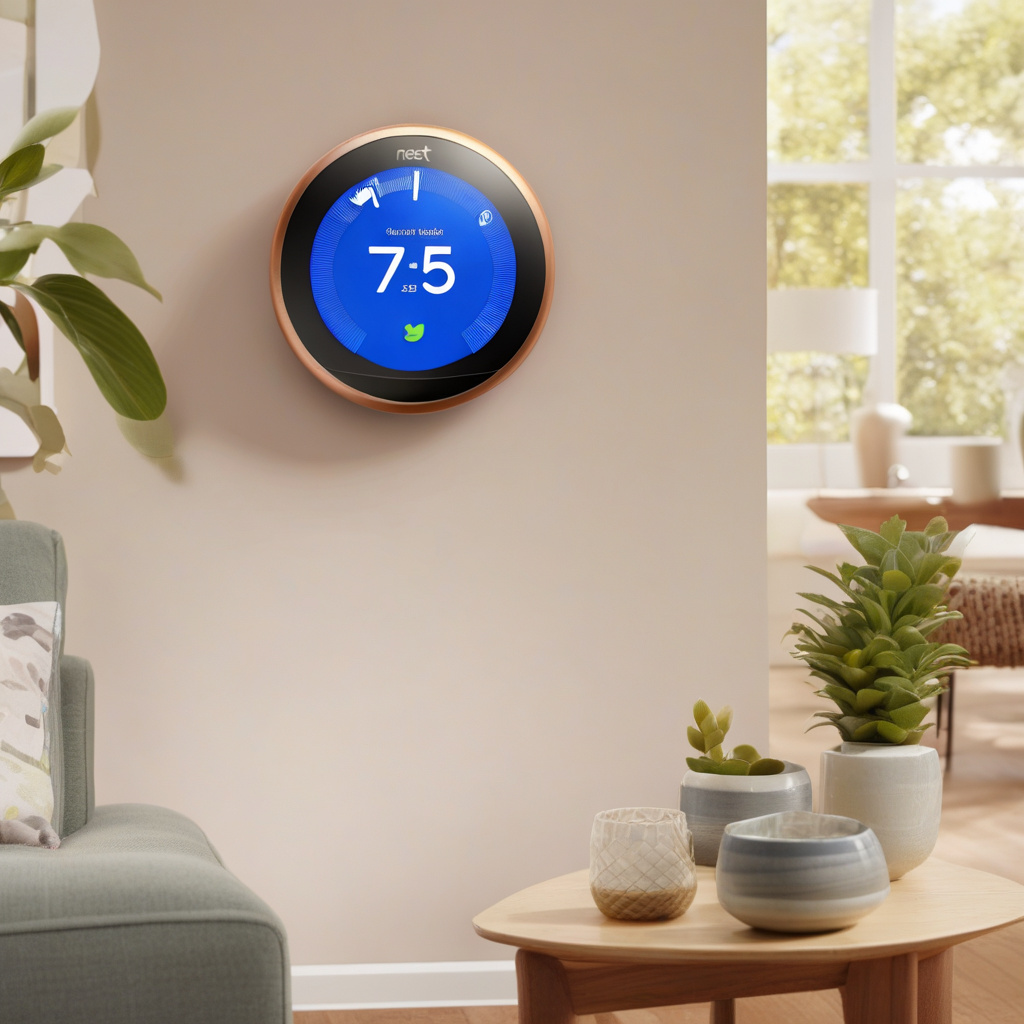Your Nest Thermostat: Time to Upgrade?
If you’re a proud owner of a first or second-generation Nest Thermostat, brace yourself for a significant change coming your way this Saturday, October 25th. Google has announced the end of support for these older models, signaling the loss of smart features that have become integral to your daily routine.
Once the dreaded date arrives, your trusty Nest Thermostat will bid farewell to Google Home and Nest app support, as well as any future software updates. This means no more remote control or status checks, leaving you with only basic on-device controls for temperature adjustments and scheduling—reverting to a more traditional thermostat experience.
The affected models include the Nest Learning Thermostat (1st gen, 2011), Nest Learning Thermostat (2nd gen, 2012), and the European version of the 2nd gen released in 2014. These devices will no longer be compatible with the Google Nest and Home apps, severing ties with third-party assistant interactions and other connected features like Home/Away Assist and Nest Protect connectivity.
Exploring Replacement Options
With the impending loss of smart functionality, it’s time to consider your next move. Google’s Nest Learning Thermostat 3rd gen emerges as the go-to replacement for most users, offering a decade of smart thermostat expertise since its launch in September 2015. While the Nest Thermostat E remains available until stocks last, Google has ceased sales of both models in the UK and Europe.
For those looking for alternatives, the Tado Smart Thermostat X – Starter Kit presents a compelling option with a 50% discount available through personalized emails. Additionally, the Nest Thermostat 4th gen, introduced over a year ago, remains exclusive to North America. Despite offering a $130 discount to older-gen owners for transitioning, its wider availability remains uncertain.
Uncertain Future and New Developments
Google’s stance on launching new Nest thermostats in Europe, citing unique heating systems as a challenge, raises concerns about the future availability of smart thermostat solutions. While existing models like the Nest Learning Thermostat 3rd gen and Thermostat E will continue to receive security updates, the longevity of app support remains unclear.
The introduction of Gemini, alongside new devices such as the Home Speaker and a potential new Nest Hub, injects a glimmer of hope for Google Home users amidst the changes in thermostat support. However, the lack of clarity on the wider availability of current models outside North America leaves users questioning the future landscape of smart home devices.
As we navigate this transition in smart thermostat technology, it’s essential to stay informed and explore alternative options to ensure a seamless integration within your smart home ecosystem. Keep an eye out for further updates and developments in the evolving realm of smart home technology.
In conclusion, the imminent loss of smart features for older Nest Thermostat models serves as a reminder of the fast-paced nature of technology. Embracing change and exploring innovative solutions will be key to maintaining a connected and efficient home environment in the ever-evolving landscape of smart devices.

